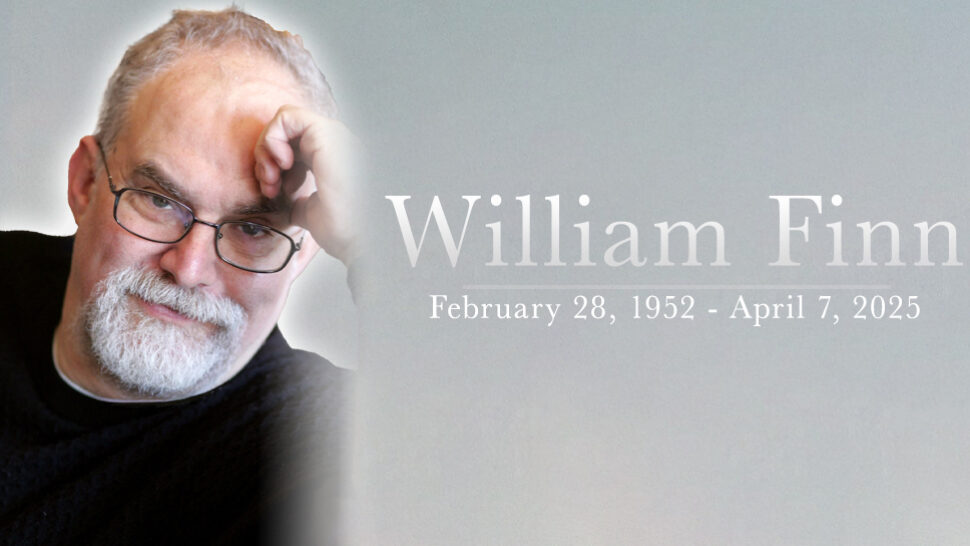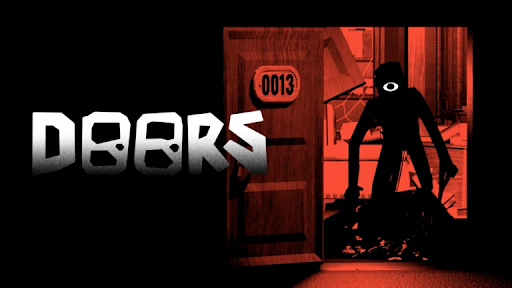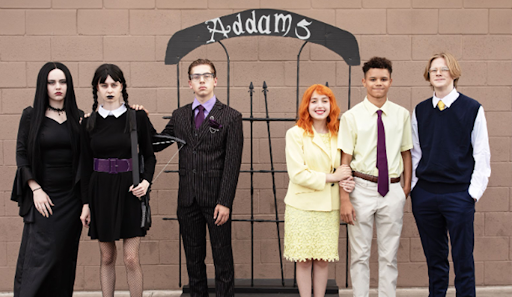A Playbill press representative confirmed that American lyricist and composer William Finn passed away on April 7, 2025 at 73 years old after a long battle with pulmonary fibrosis. Finn was known for his work on a number of different musicals, including “The 25th Annual Putnam County Spelling Bee,” “Little Miss Sunshine,” and “Falsettos.” He won several Tony awards during his career. His works had a lot of care put into them, sporting a unique and colorful musical style that has been praised continuously throughout the decades. It is vital to remember the importance and effects of Finn’s work and allow his creations to continue to flourish. One of Finn’s most potent and emotional works, “Falsettos,” is a good place to begin.
“Falsettos” has an extensive history that begins in the late 1970s. Finn’s early works were heavily influenced by his experiences as a gay Jewish man in the United States during the 20th century, and more often than not, had a great emphasis on family. An early project that showcased these experiences was “The Marvin Trilogy”, which was made up of “In Trousers” (1979), “March of the Falsettos” (1981), and “Falsettoland,” (1990). The trilogy explores themes such as gender roles, Jewish identity, and gay life in the U.S. during the 1970-80s. The plot follows a man named Marvin, and his struggles regarding his son, Jason, and ex-wife, Trina, after he has an affair with a man named Whizzer. While “In Trousers” is more of a focus on Marvin’s early life, the latter two works take place from the years of 1979 to 1981 and showcase the beginnings of the human immunodeficiency virus (HIV)/acquired immunodeficiency syndrome (AIDS) crisis.
“Falsettoland” was written in the midst of the AIDS epidemic and did the work to showcase the horrifying reality of the illness. In the play, Marvin’s boyfriend, Whizzer, falls ill with AIDS and passes away. HIV/AIDS is a terrifying illness with a number of intense symptoms that lead to a great decrease in the quality of life and, eventually, death. Watching Whizzer’s condition worsen in “Falsettoland” is a heartbreaking look into the effects that HIV/AIDS can have on not just the patient, but the patient’s loved ones. “March of The Falsettos” and “Falsettoland” were combined to form the hit musical, “Falsettos,” with the plot of the former making up the musical’s first act, and the plot of the latter making up the second. Falsettos premiered on Broadway in 1992 directed by James Lapine and won Best Book and Best Original Score at the 1993 Tonys.
“Falsettos” includes a lot of important representation, and arguably the two most historically important characters are Marvin’s two next door neighbors, Charlotte and Cordelia, dubbed “the lesbians from next door” in the musical. The two of them are introduced at the beginning of the second act, and while at first they serve as comedic relief in the midst of Marvin’s family troubles, they serve an important role in upholding the memory of lesbian activists during the AIDS crisis. Charlotte is the doctor who treats Whizzer when he falls ill in the second act of the show and is an essential look into the work that real life lesbian doctors and nurses did during the epidemic. As stated by LGBTQ-Nation, lesbians were the ones who stepped up and took care of HIV/AIDS patients when doctors were too afraid to, tending to their illnesses and providing an undying sense of support and community. Unfortunately, more often than not, this fact is forgotten and/or ignored when remembering the 1980s AIDS epidemic. Even so, Finn was sure to place great emphasis on the selfless work that lesbians did for the community through the characters of Cordelia and especially Charlotte.
The activism exhibited in “Falsettos” does not start nor end with the lesbians from next door. Finn knew the importance of portraying the humanity in each and every one of his characters. None of them are reduced to any single element of their character, such as sexual orientation or religion. This was, unfortunately, more than a lot of writers did during this time. Whizzer is a good example of this, though he is not the only one. While AIDS is an important element of Whizzer’s character in the second act, the illness does not define him.
“Falsettos” was brought back for a Broadway revival in 2016 and continued to shed light on the reality of the 1980’s AIDS epidemic. Finn and Lapine themselves worked on the revival, flawlessly upholding the integrity of the original production while also creating an experience fit for a modern audience. The upbeat and catchy tracks of the first act create a fun listening experience while not distracting from the gravity of the plot, and the somber tone of the second act cultivates a heartbreaking, yet important viewing experience. The revival was nominated for five Tonys at the 2017 awards ceremony including Best Revival, but unfortunately did not win any of them.
Finn won two other Tonys for his musical, “The 25th Annual Putnam County Spelling Bee”. The importance and beauty of Finn’s works will be upheld for as long as audiences continue to appreciate them.








